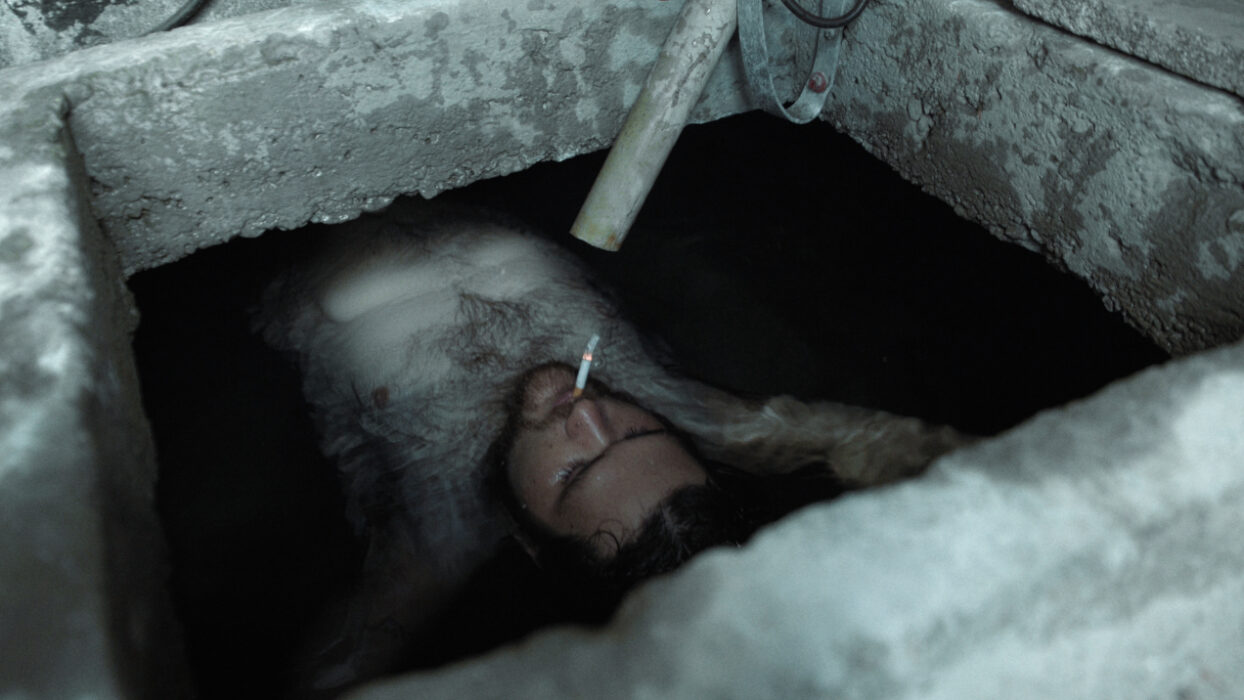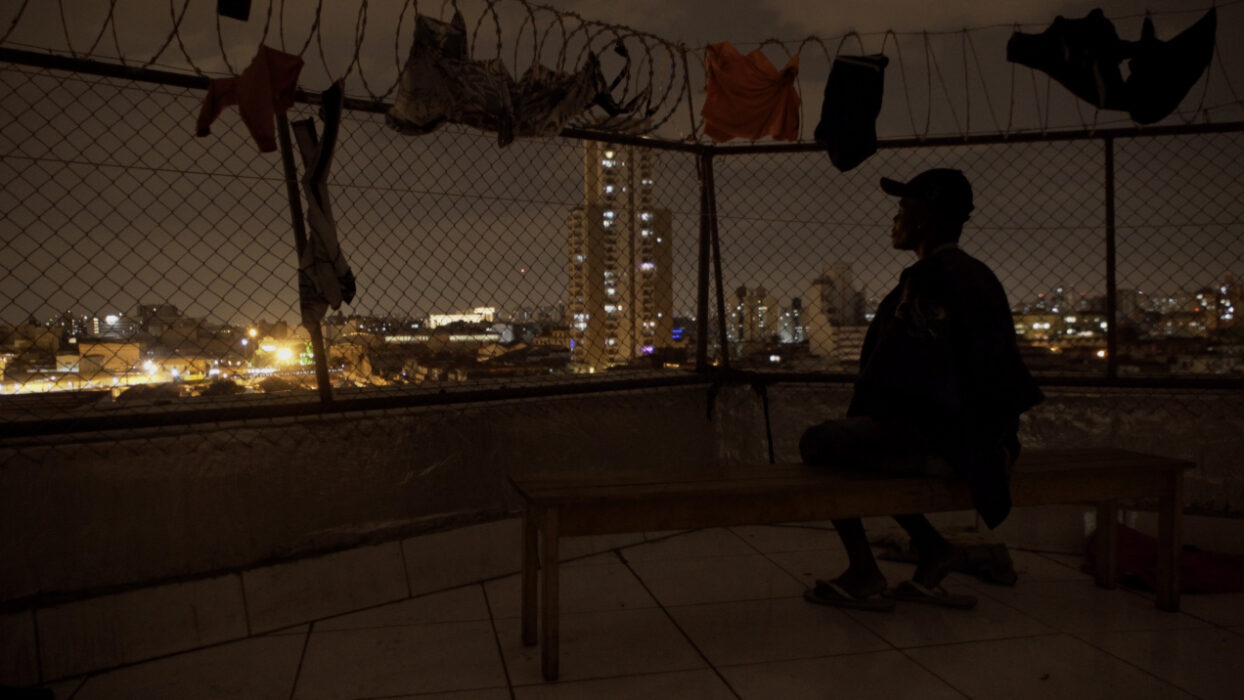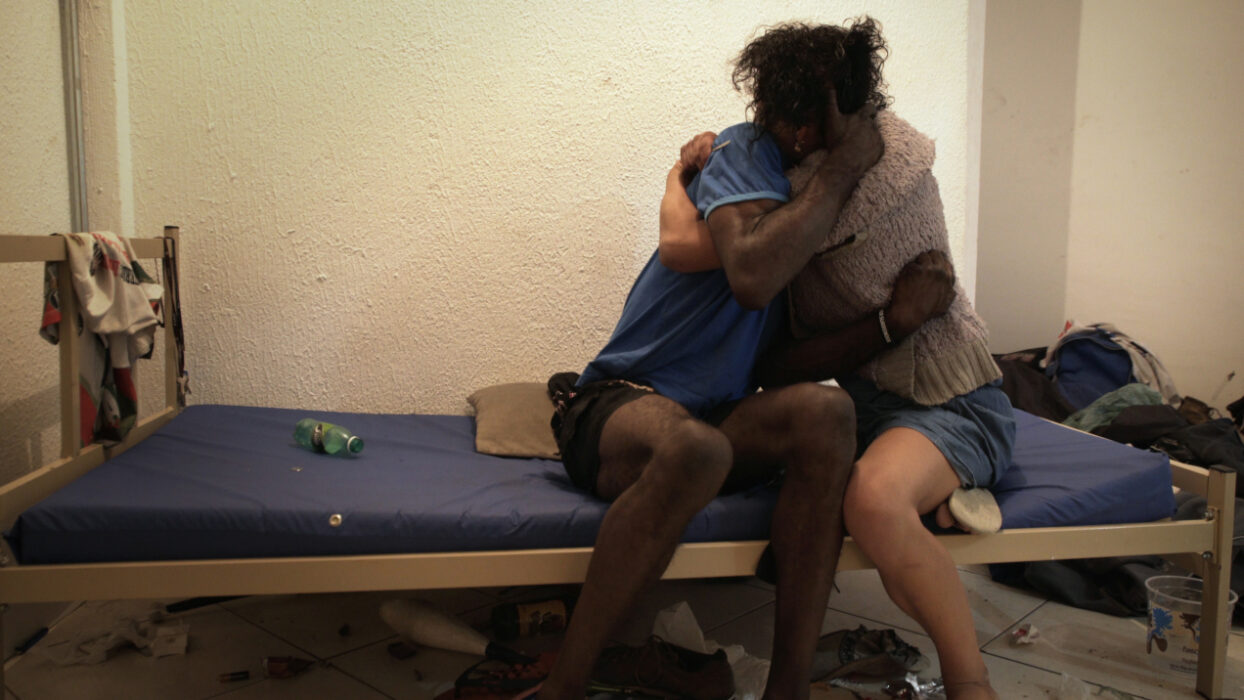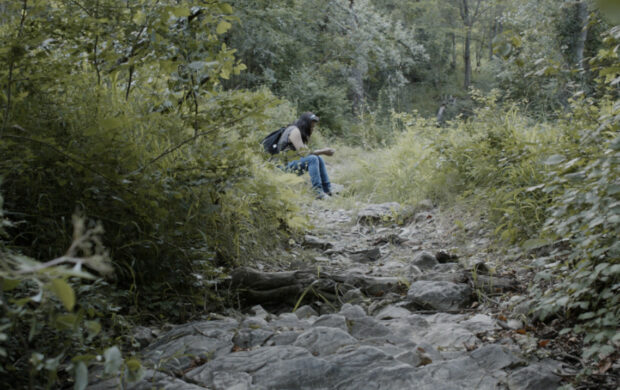Diz a ela que me viu chorar
Let It Burn
- 2019
- Brazil
- 85 minutes
- Portuguese
LIBRARIES AWARD
The Parque Dom Pedro hotel in the centre of São Paulo lodges hundreds of street people, who often suffer from drug problems and come from the country’s most disadvantaged communities, While a painful past slips into conversations and weighs on the residents’ gestures and looks, something else entirely is being played out in this place. Setting aside the violence that pervades each nook and cranny, the filmmaker is guided by a tenderness that sends those she meets beserk. From room to room, couples come together, come undone, tear each other apart. In a sometimes gruelling huis clos, Maíra Bühler’s camera wanders between rooms and captures an intimacy seen through half-open doors or hidden in the stairwells. The fragility expressed is that of depending on one another. What is devastating is the fear of loneliness and the stormy love affairs. The building accommodates a constant bustle of epileptic emotions. On the roof, far from the street that harmed them, far from its vices, those who look down from above can sing together. Lower down, a totally possessed man yells out his burning love to a woman in a mind-bending phone call. In the room next door, another strikes up a love song. Further down, a woman waits alone in a deserted dormitory for her beloved to return. The film awakens ties and reveals a group attached to a fragile shelter where emotions keep each other warm.
Clémence Arrivé
- Production : Beatriz Carvalho (Klaxon Cultura Audiovisual), Rafael Sampaio (Klaxon Cultura Audiovisual), Anna Muylaert (África Filmes), Maíra Bühler
- Photography : Léo Bittencourt
- Sound : Juliano Zoppi , Daniel Turini, Fernando Henna, Henrique Chiurciu
- Editing : Alexandre Leco Wahrhaftig
- Print contact : FiGa Films, contact@figafilms.com






